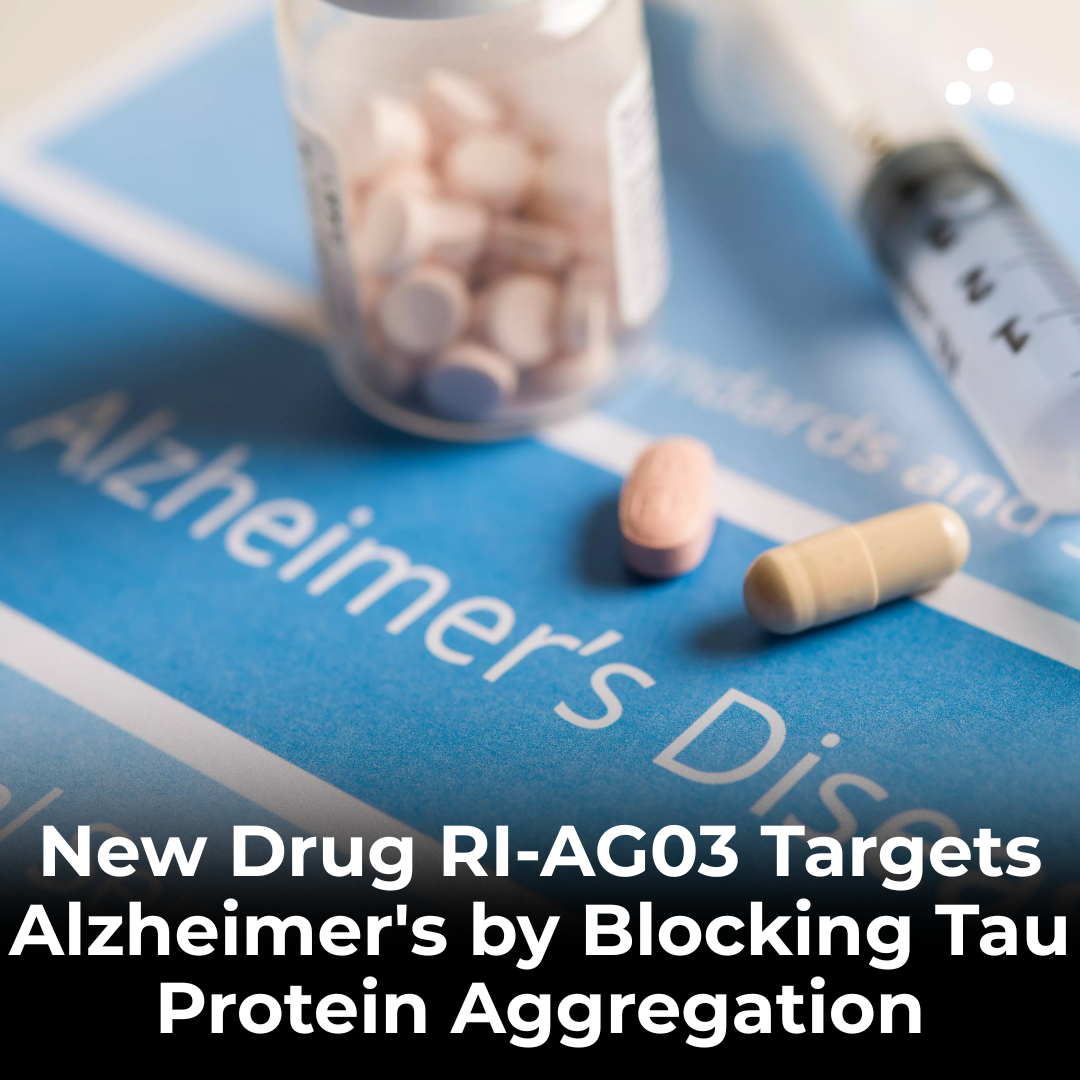What breakthrough did scientists achieve in Alzheimer's treatment in 2024?

In 2024, researchers introduced a promising Alzheimer's treatment: RI-AG03, a peptide-based drug designed to prevent the aggregation of tau proteins—a key factor in the progression of Alzheimer's disease. Unlike previous treatments that targeted a single aggregation site, RI-AG03 uniquely inhibits both major "hotspots" responsible for tau clumping.
Laboratory studies demonstrated that RI-AG03 effectively reduced tau accumulation in both cell cultures and fruit fly models, leading to decreased neurodegeneration and extended lifespan in the flies. This dual-targeting approach offers a more comprehensive strategy against tau-related pathology, potentially paving the way for more effective Alzheimer's therapies.
While these findings are encouraging, further research and clinical trials are necessary to assess the drug's safety and efficacy in humans. Nonetheless, RI-AG03 represents a significant advancement in the quest to combat Alzheimer's disease.



